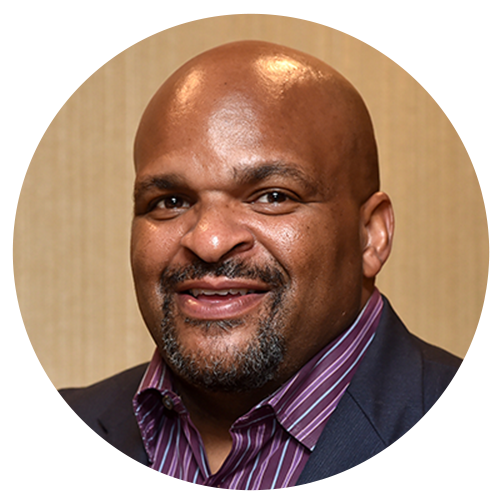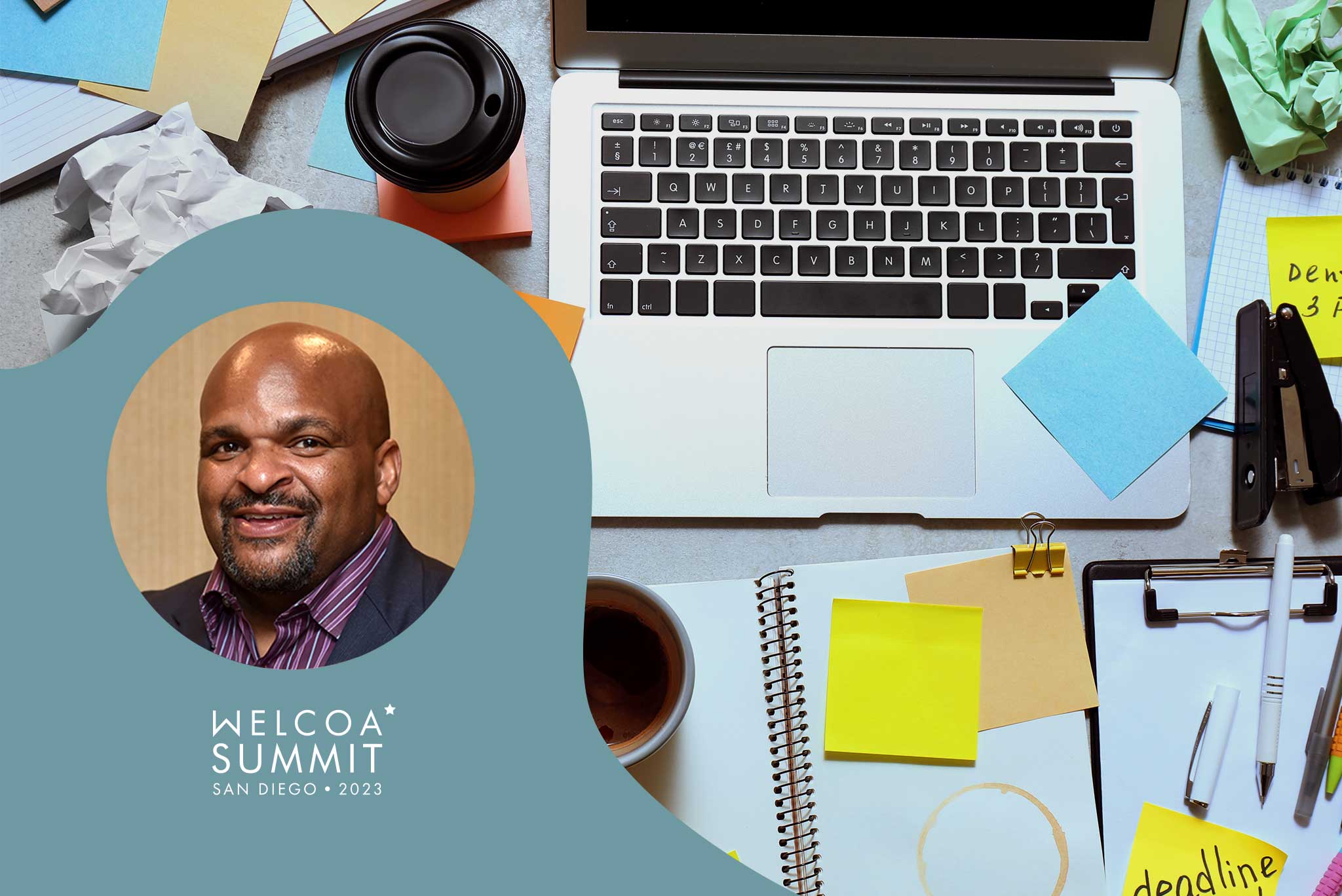Let’s face it: We’re (still) lonely. In fact, one in five employees worldwide currently feels lonely at work. One factor contributing to this loneliness epidemic may be a lack of friendships. Having friends at work can make or break our overall job satisfaction, and for many adults, the workplace is where we tend to cultivate…
Your Welcoa membership has expired.
Why Resilience is the Cure for Feeling Overwhelmed
As an organizational psychologist, I spend my daily life training, researching, consulting, and talking to the people that make up our workforce. And do you know what? Everybody is overwhelmed. Before the COVID pandemic, workers talked about not having capacity and a less than optimum work/life balance. Now, after over 40+ months of the pandemic, with work-from-home and return to/hybrid work dynamics, social justice, and hyper-partisan politics, workers feel like they have been pushed to the brink of exhaustion from feelings of being overwhelmed.
Everybody is feeling overwhelmed. I wear a few hats in my daily life: civil servant, college professor, researcher, and organizational psychologist. The people I work with, provide training for, interview, and teach, all talk about being overwhelmed; and, how this impacts their wellness. These feelings are expressed as having to do more with less, not having enough hours into the day, and the blurred lines between work and home responsibilities. The feeling is especially experienced by the middle managers who have to make sure organizational goals are implemented while creating a culture of employee engagement.
Feeling overwhelmed impacts all aspects of a person’s wellness. According to pre-pandemic data from the Anxiety Disorders Association of America, up to 72 percent of American employees said stress and anxiety interfered with their day-to-day lives. In their State of the Global Workplace Reports for 2022 and 2023, Gallup found that mental wellness and stress data became more negative, and employee engagement scores decreased. Rebecca Zucker found in her research that the cognitive impact of feeling perpetually overwhelmed can range from mental slowness, forgetfulness, confusion, difficulty concentrating or thinking logically, to a racing mind or an impaired ability to problem solve.
Build up your resilience muscles! Research from the National Institute of Health found that building up your level of resilience can offset feeling overwhelmed and burned out. The APA defines resilience as, “the process and outcome of successfully adapting to difficult or challenging life experiences, especially through mental, emotional, and behavioral flexibility and adjustment to external and internal demands.” At an organizational level, a culture of resilience fosters integrity, innovation, and psychological safety.
What Can You Do?
Be Selfish About YourselfThe first step, whether you are a front-line worker, a manager, or a senior leader is to prioritize your self-care. This is the case of becoming more selfish about yourself. In her book, How to Move It: Reset Your Body, Peloton’s Joslyn Thompson-Rule makes the case that you are the most important person in your life, and how you treat and communicate with yourself is critical toward managing stress and wellness. Part of saving yourself should include focusing on your mental, spiritual, and physical wellness.
Move More
This is an easy decision, but when I consult leaders, finding the time, say an hour, to dedicate to physical wellness is hard. Instead of looking at one specific time block to focus on physical wellness, try to incorporate several smaller time blocks throughout the day. Build time blocks in between meetings to walk around the block or do a set or two of exercises. Walk up a flight of stairs instead of taking the elevator. Additionally, you can incorporate co-workers and friends in these physical activities through the use of virtual meetings with fitness software.
Rest More
Resting more means finding ways to stop, reflect, and meditate throughout the day. If you feel that you do not have time on your calendar, try to incorporate three five to ten-minute blocks during your day for “resting.” In a perfect scenario, you can do this when you wake up (which means setting your alarm on your phone a few minutes earlier), during the day, and right before bed.
There are several things you can do to overcome feeling overwhelmed. With a little intentionality and using tiny increments throughout the day, you can build your resilience muscle to feel less overwhelmed.
Curious to learn more?
Looking for more information about creating new life-giving habits to improve your overall well-being? Come join us at this year’s WELCOA Summit, in San Diego, September 25-28, 2023 where Dr. Robinson will be providing an all-day intensive session on September 25 on implementing the U.S. Surgeon General’s Framework for Mental Health & Well-Being.
Ready to join us?
Register today!Learn more





